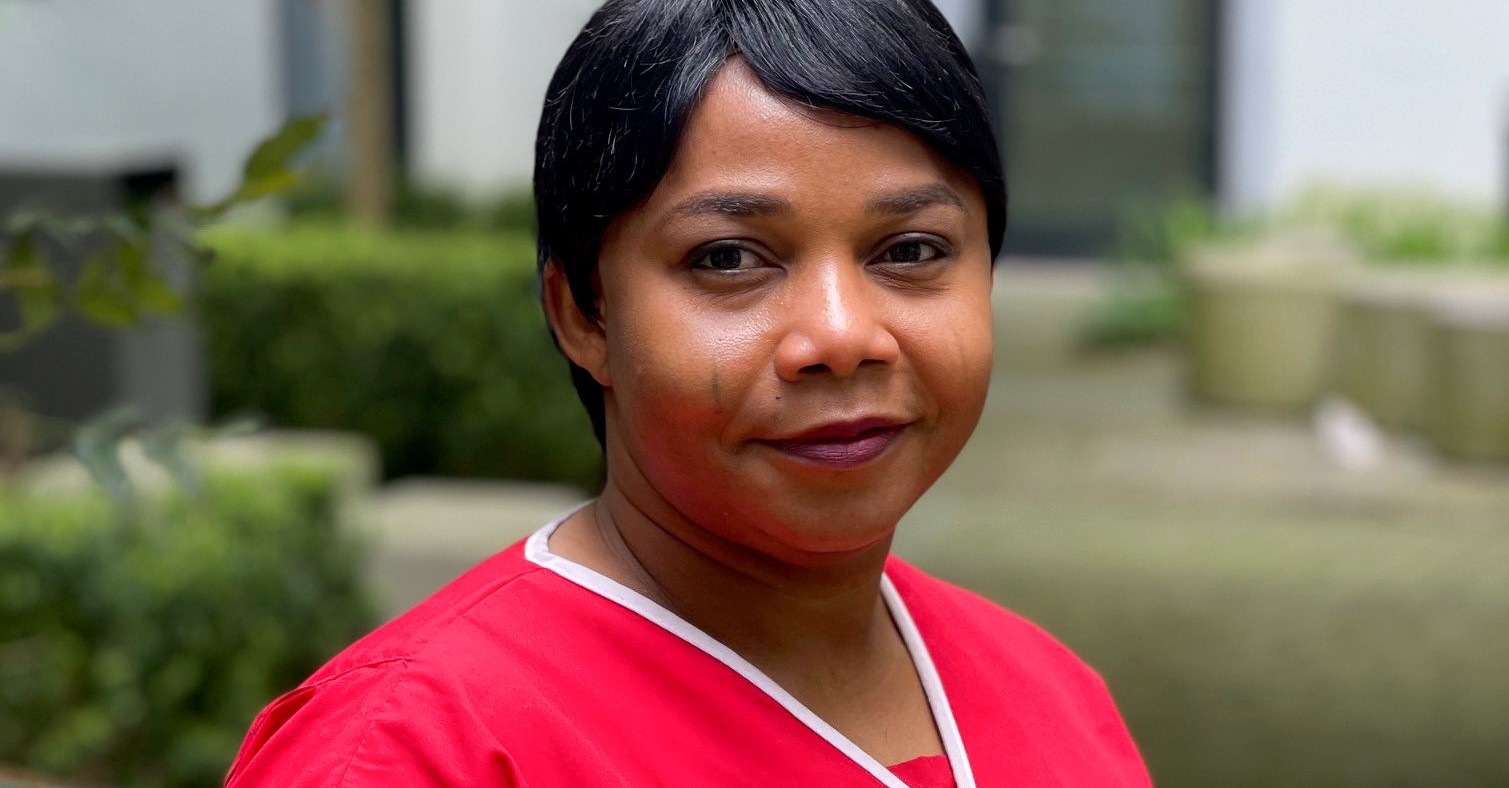The clinical pharmacology research team conduct studies to better understand, predict and prevent adverse drug reactions (ADRs). The evidence suggests there is huge variability in response to medicines. Some people will have no benefit whatsoever (90% of medicines may only work on 30-50% of people), while others may experience a serious reaction.
Our genetic information, amongst other factors, can affect response. Professor Sir Pirmohamed and a team of researchers at LUHFT and the Wolfson Centre for Personalised Medicine at the University of Liverpool are leading the way to deliver a more personalised approach to the prescription of medicines. Ultimately, the aim is to improve drug safety and effectiveness and improve treatment outcomes for patients.
How to get involved
Many patients are recruited to our studies from NHS trusts nationally, with LUHFT being our lead recruiting site. The pharmacology research nurse team work across departments and hospital sites, collaborating with researchers and clinical teams to facilitate, identify and recruit patients who have experienced a suspected ADR.
Contact us
If you would like to know more about the studies conducted in the department, please contact the clinical pharmacology team on: 0151 706 3405 / 0151 795 5403.
Current Research Trials
This study is looking at why some people have serious side effects from certain medicines. By studying their DNA, researchers hope to create tests that can predict who is at risk, helping doctors choose safer treatments and protect patients.
The main goal of this study is to see if a new drug, COT-143, is safe and well-tolerated when given in increasing doses through a drip to healthy volunteers and patients. Researchers will also look at how the drug moves through the body, how it affects the body, and whether it causes any immune reactions.
This study is testing a new drug called ALE.F02 to see if it is safe and can help protect the kidneys in adults with a rare condition called rapidly progressive glomerulonephritis (RPGN) caused by AAV. Participants will receive either a low dose, high dose, or a placebo (dummy treatment), along with their usual care, through a drip over 60 minutes. The treatment will last for 24 weeks, and doctors will closely monitor how the drug behaves in the body and how well it works.
This study is testing a new oral drug, GSK3186899, for a serious and often deadly disease called visceral leishmaniasis. In this early trial, healthy volunteers will receive different doses of the drug to check if it’s safe, how well it’s tolerated, and how the body processes it—with and without food. The results will help decide the best doses to use in future studies.
This study is testing a new vaccine-like treatment (ACI-24.060) to see if it’s safe and how it works in people with early-stage Alzheimer’s and in adults with Down syndrome. Researchers are looking at how the body responds to the treatment and whether it may help slow disease progression.

